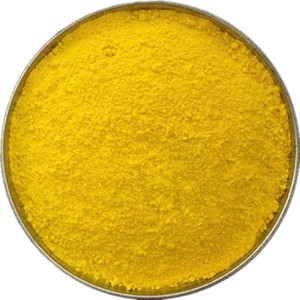Do you know about berberine hydrochloride?
Berberine hydrochloride is a compound that has been used for hundreds of years in traditional Chinese and Ayurvedic medicine. It is derived from a variety of plants, including barberry (Berberis aristata), barberry (Berberis vulgaris) and barberry (Berberis aquifolium). Berberine HCl is known for its wide range of health benefits and has become popular in modern times for its potential therapeutic properties.
Berberine hydrochloride is a yellow crystalline alkaloid that is easily soluble in water. Its various pharmacological effects have been extensively studied, including antibacterial, anti-inflammatory, and antioxidant properties. Additionally, it has been found to have potential benefits in controlling conditions such as diabetes, high cholesterol, and gastrointestinal problems.
One of the main benefits of berberine hydrochloride is its ability to help regulate blood sugar levels. Research shows it can improve insulin sensitivity and reduce insulin resistance, making it a promising natural option for people with diabetes or prediabetes. Additionally, berberine hydrochloride has been found to have a positive effect on lipid metabolism, helping to reduce LDL cholesterol levels and increase HDL cholesterol levels.
